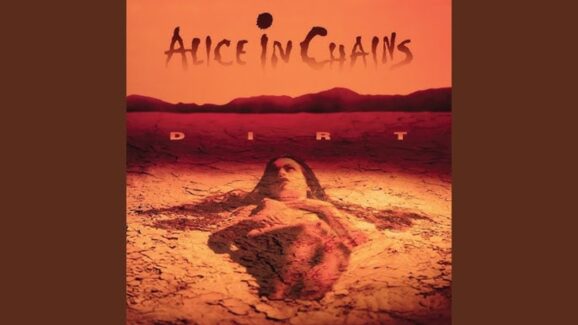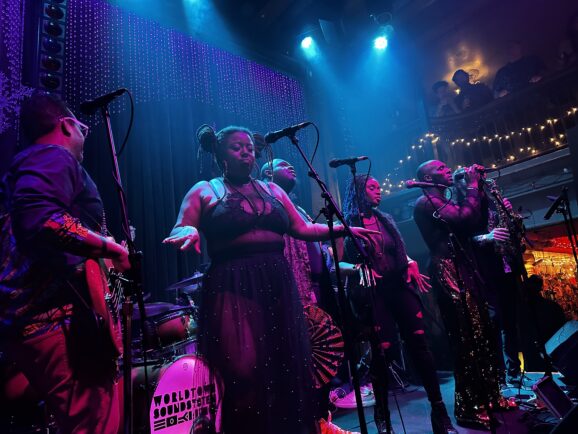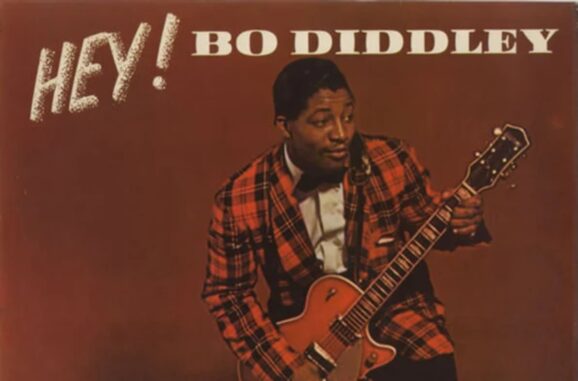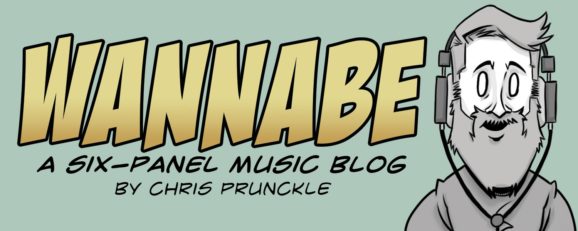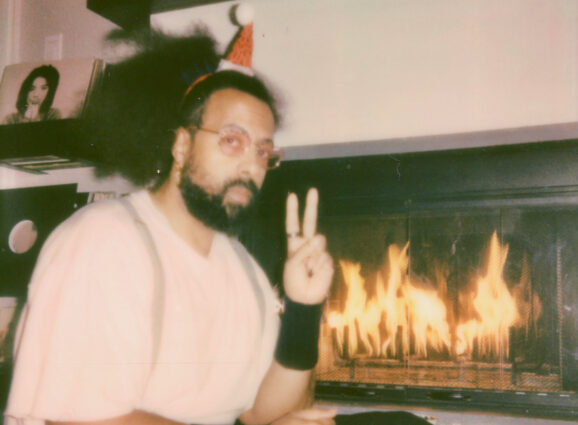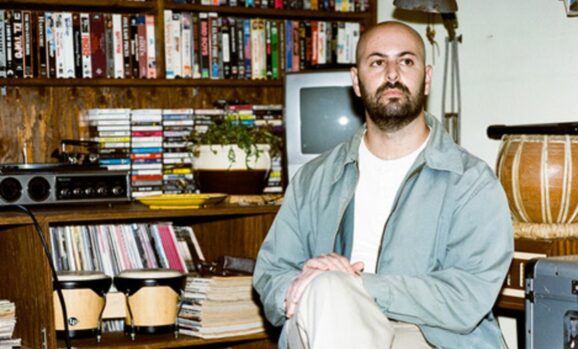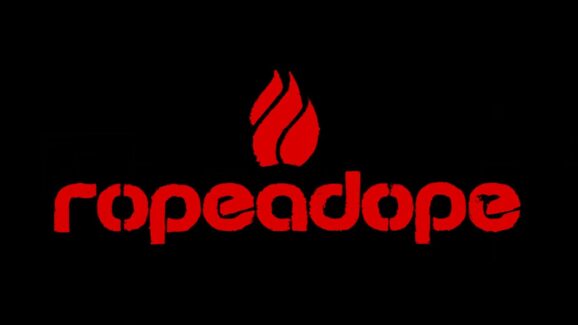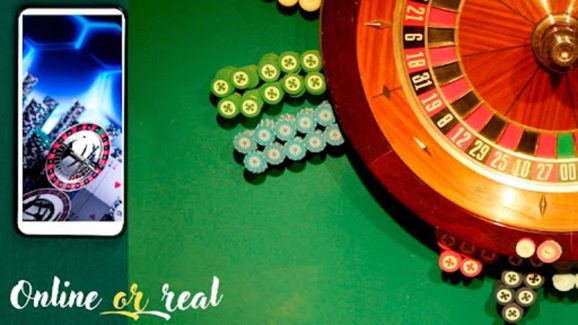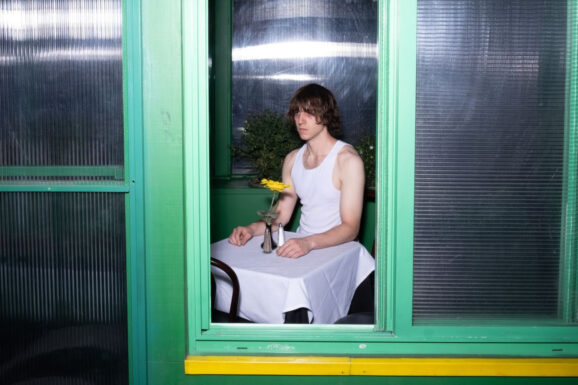The world of music is an all-encompassing entity, an entire realm of art to get lost in. Most musicians look to contribute to this pantheon by releasing timeless work that inches itself into our daily lives. Once an artist archives the coveted immortal melody, it is easy to shy away from the ever-growing realm of music and consider their job done. Rather than bow out, John Helliwell never left.
After cementing his legacy with his time in Supertramp, where his potent sax contributions made a lasting reed note on “The Logical Song, It’s Raining Again, Hide in Your Shell, Breakfast in America,” “Take The Long Way Home,” “Crime of the Century,” “Bloody Well Right,” and “Cannonball,” the veteran jazzman took his talents around the world, performing with big jazz bands and rock bands alike. Helliwell is in a constant creative revolution, one that stretches across the globe and back to the artist for a timeless loop of artistic evolution.
Glide had the pleasure of speaking with John Helliwell about his upcoming live gigs, modern jazz, and his approach to collaboration. Check out the full interview below.
You’re heading out on the Rock Meets Classic tour this year. What are you looking forward to the most about these shows?
The Rock Meets Classic Tour is a fun thing to do. I did it a few years ago with Jesse Siebenberg singing and playing guitar and piano. The performers all play a few of their hits and also get together for some songs. We all have a good time!
What sort of freedoms does playing live come with compared to composing or recording?
There’s an added responsibility to playing live – you have to get it right the first time – no second chances as in a recording situation. The risk itself of playing live is quite a buzz!
You also play live with the Super Big Tramp Band. What is it like to revisit old songs and reimagine them in this different format?
The tunes are so good, it’s a pleasure to play them, and the arrangements are a challenge to play. The audiences seem to have enjoyed hearing their favourite tunes played in a slightly different manner. I’m the MC of course, and I try to strike a friendly rapport with them.
Supertramp has always been considered a keyboard band, but your contributions gave the band another edge in its sound. What songs from the catalog do you feel you most had a voice in contributing memorable parts to?
The alto saxophone solos in “The Logical Song,” The tenor saxophone solo at the end of “Crime of the Century” and the clarinet solos in “Breakfast in America.”
When did jazz first enter your life, and what drew you to the saxophone in the first place? Do you remember the first song you learned to play?
I heard some jazz clarinet playing when I was 11. I started. playing at age 13, and then I heard Cannonball Adderley, John Coltrane, and Sonny Rollins. I got a saxophone when I was 15. The first tune I remember being influenced by was “Petite Fleur” by Sidney Bechet played on the clarinet by Monty Sunshine in 1956!
Are there any modern jazz artists you find exciting? How do you feel the genre has evolved the most, and do you have any predictions for where it is going?
I really like Chris Potter on the saxophone—he’s an amazing technician but very musical and pushes boundaries. I love Mike Stern’s guitar playing. He’s a complete fusion artist.I listen every day to the Keith Jarrett Standards trio—they represent a very high point in trio playing to me.
You recently released your collaborative album Don’t Ever Leave Me. What was it like putting this one together, and how do your current studio sessions compare to the first ones you remember?
I had great help organizing the sessions from Jasper Somsen, the bass player. We mapped it all out, and the sessions—two or three days of rehearsal and three days of recording—were relaxed. A deep understanding between the musicians contributed to an overall feeling of peace and unity.
The first sessions with Supertramp were much, much longer affairs! They involved weeks of experimentation, playing, listening, trying new sounds, mixing, etc., etc., but they were no less enjoyable—just different.
What is your overall approach to collaboration? Does it change the way you approach your instrument, and how has your idea of collaboration evolved over the years?
I view my collaborations the same all the time – I never try to dominate the situation but to integrate for the benefit of the whole sound.
What inspired you to pursue a more jazzy career after Supertramp? Did exploring the genre give you any freedoms you didn’t have working in rock?
Jazz has always been my initial inspiration, so it seems to have naturally come more to the front when I could choose my own projects. In rock music, my contributions have usually been solos in some songs – with my own music recently I can spread the love around easier!
What were the early days of Supertramp like? How do you feel you’ve evolved the most as an artist since then?
When I joined Supertramp, it was a big adventure both in music and in life. I have learned to accept criticism and to treat playing an instrument as a blessing – if I have evolved as an artist, it is a better ability to empathize with my musical partners.
You have led your own bands and sat in on sessions with the likes of Pink Floyd. Does your time as a frontman influence the way you approach sessions? What are some of your biggest takeaways after being in both roles?
Doing sessions is enjoyable and with little responsibility except to play well. Fronting my own group brings with it a lot more behind-the-scenes responsibility, which can be a burden if not endured with humor and strength!
With the upcoming live shows right around the corner, what else do you have planned for 2024? Is there anything exciting coming up that you can share with us?
I will be playing with the Westland saxophone orchestra in the Netherlands in June, and then I have some shows with Leslie Mandoki’s Soulmates in Germany and Hungary in August. I hope to do some shows with my “Super Big Tramp Band” because we will release a CD this year. 2025 is my 80th birthday, so maybe a few celebratory gigs would be in order!

